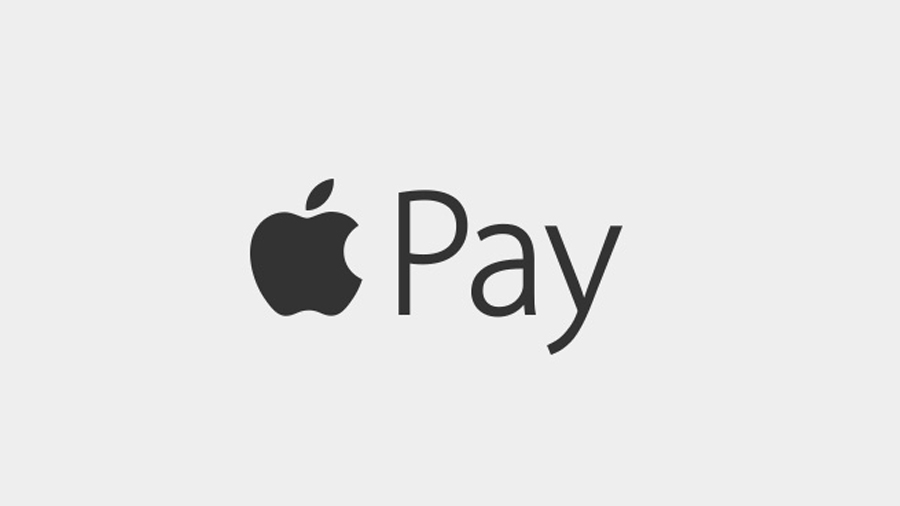Apple Pay: what does the future hold for businesses?
Quick, easy and secure for the consumer

The virtual wallet is far from a new concept – but Apple's new mobile payment service, Apple Pay, is a step in the direction of making this technology mainstream.
Apple Pay will let customers complete transactions without delving into their pocket for cash or a credit card, allowing for contactless payment with the swipe of a phone (or smartwatch). The system works because the iPhone 6, iPhone 6 Plus and the Apple Watch include near-field communication (NFC) chips, which allow you to hold your device up to contactless point-of-sale hardware at a retailer for payment.
- Check out everything businesses need to know about Apple Pay on our sister website, ITProPortal.com
Big opportunity
The scope of NFC technology is almost limitless, and has been present in Android smartphones for some time. Manufacturers such as Samsung, Sony and Nokia have all incorporated the technology into their flagship device launches since the beginning of the year. Note, however, that Apple has confirmed that it is – at least initially – restricting this new technology to just Apple Pay.
What does this mean for retailers? If they want to accept Apple Pay, they will have to incorporate NFC readers into their checkout system, for starters. Apple has already partnered with American Express, Mastercard and Visa, as well as many US national banks – but the co-operation of vendors is equally important. Presently, the technology is already used by many big brands – Starbucks being one of them – with many others pledging to support the platform and bring in this technology from this month, such as McDonalds, Bloomingdale's and Macy's.
Necessary investment
Depending on how quickly the virtual wallet takes off, it's likely that smaller businesses will have to switch to NFC hardware to remain in competition with bigger brands who do offer Apple Pay in their stores. According to Gartner analyst Mark Hung, NFC readers are currently being used by fewer than 10% of merchants. NFC technology is expensive – but might be a necessary investment to keep up with larger brands.
Much of the hype surrounding Apple Pay has revolved around the security it provides for the consumer. Apple Pay uses several layers of security – consumers must first enter their credit and debit card information manually, or take a photo of their card with their phone, and then verify their account with their bank. The first layer of security comes from the iPhone technology itself – when making a purchase, the buyer will hold their finger over the fingerprint reader embedded into their device, ensuring that thieves can't use Apple Pay on a stolen phone.
It's the next layer of security that affects the vendor – the NFC chip is designed to encrypt each user's payment information. Apple Pay doesn't send your card data to the retail merchant. A code system transmits a different code for each payment. Because merchants will no longer receive the consumer's account number, they will have a difficult time tracking consumers across multiple purchases.
Are you a pro? Subscribe to our newsletter
Sign up to the TechRadar Pro newsletter to get all the top news, opinion, features and guidance your business needs to succeed!
PAN handled
Of course, vendors really shouldn't be using customer information in this way to track customer purchase behaviour, and in many ways, the development of Apple Pay is a response to this. Should this technology take off, Personalised Account Numbers (PANs) will no longer be a method for businesses to sneakily track consumer behaviour.
However, retailers will find new ways of engaging with consumers. While they won't be able to access consumer behaviour through PANs, there is considerable scope for new interaction. Apple Pay will potentially eliminate the divide between online and offline shopping, as retailers will be able to integrate Apple Pay into their checkout system on their website – widening the scope of e-commerce. It's early days though, but businesses would be wise to keep their eyes peeled for ways in which to incorporate Apple Pay into their e-commerce.
The future is unclear
At this stage, however, looking at how Apple Pay will affect the future of commerce is in many ways speculation. The technology may be out in the US, but it certainly won't hit the UK for another year, and much hinges on how far and how quickly this technology will be taken up by the consumers themselves.
By having all the major banks on board, however, Apple seems to have the necessary backing in getting its virtual wallet off the ground. With this, we can expect big changes in the way businesses interact with their customers – and the smarter businesses will be pre-empting this already.
- Adam Smith is director of Piccadilly Group – a provider of testing and assurance solutions for banking and capital markets.